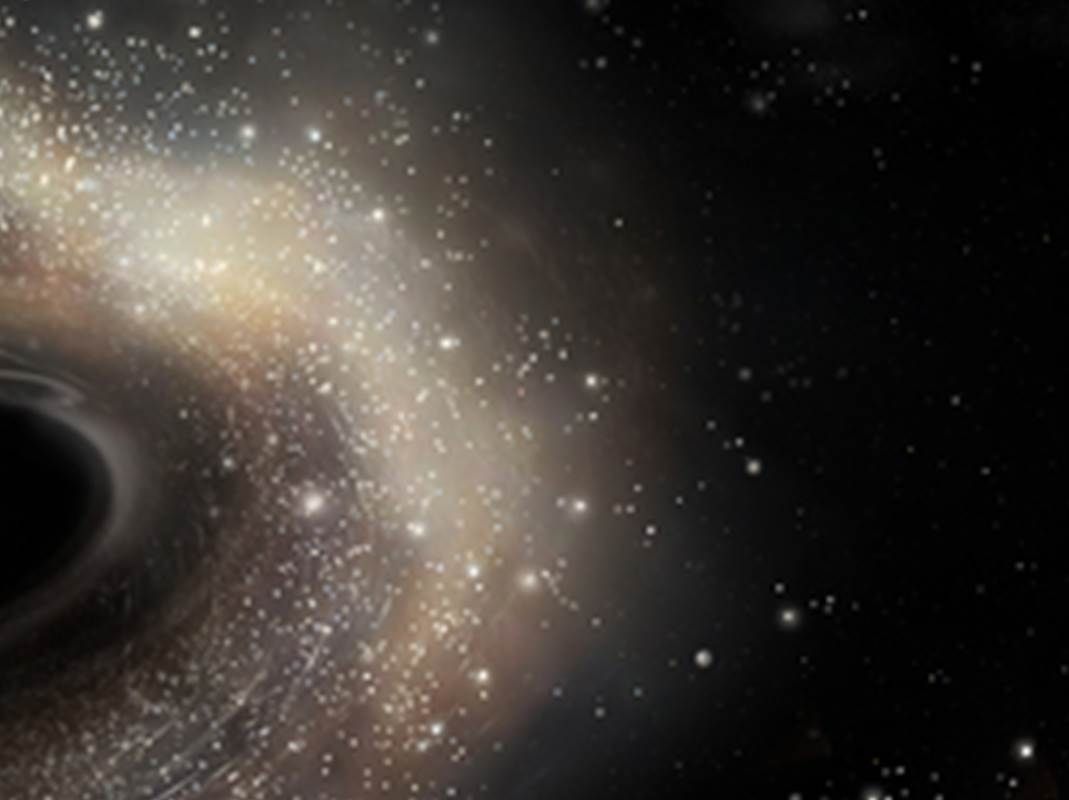I wonder if people who were alive when Galileo first turned his telescope to the heavens in 1610, when he discovered the moons of Jupiter, realized that it was a seminal moment in human history. The discovery changed everything. It showed that not all celestial objects orbit the Earth and set the stage for adoption of the Copernican theory, which holds, of course, that the Earth orbits the sun and not the other way around. From that date onward, telescopes aimed at the sky became a staple of cosmology and a constant source of discovery and wonder for humanity.
It’s quite possible that people living in the distant future will view last year’s announcement of the discovery of gravitational waves as a similar turning point in humanity’s ability to observe and understand the cosmos.
Related: Earth-Sized Telescope May Let Us See Black Hole for First Time.
